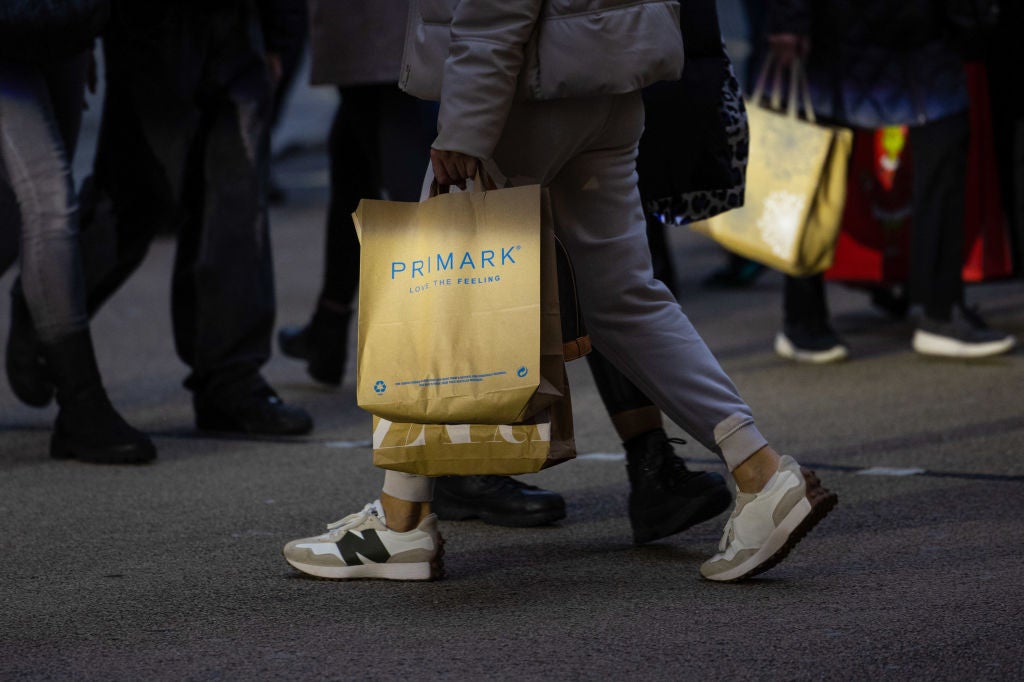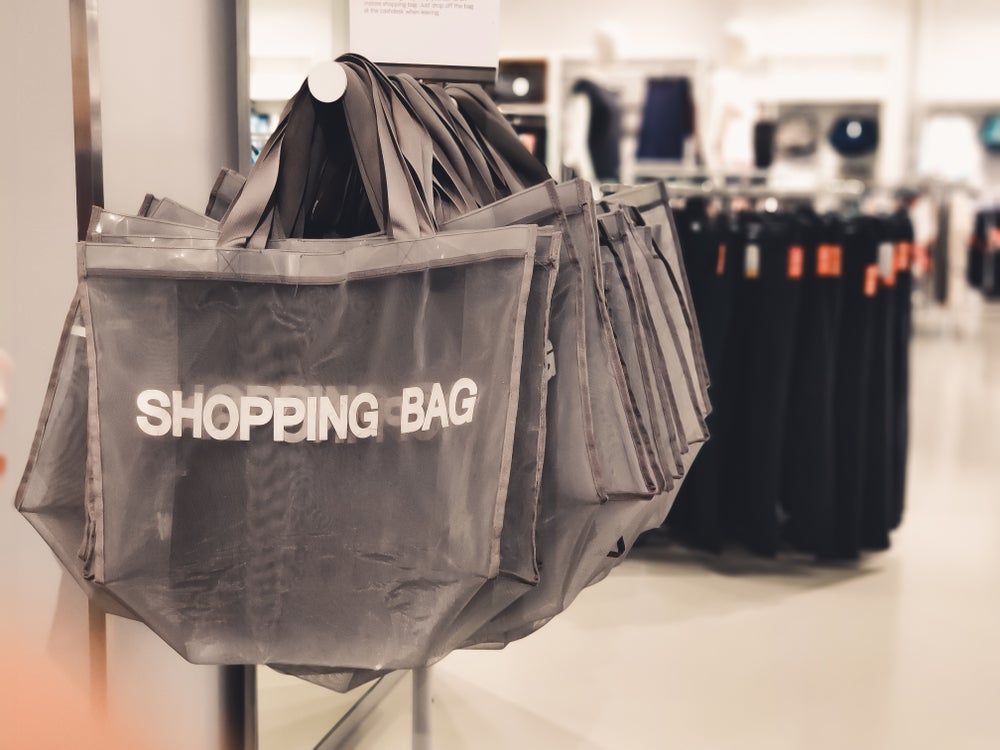
The fashion industry is paying significantly greater attention to lowering environmentally damaging pre-pandemic production and retail practices in an effort to become more sustainable.
According to retail market intelligence platform, Edited, businesses that follow five sustainable themes are poised to thrive.
- Ecofying Logistics – As offsets will only account for 14% of emission reductions by the 2030s, retailers need to rewire their most carbon-intensive processes at every section of the value chain and not rely solely on offsetting excess emissions in order to strive toward net-zero delivery.
- The New Material Reset – Retailers must pivot further away from methane-rich animal products to create more responsible garments. In 2021, we saw alternatives like grape and mycelium-based leather as well as repurposed production waste from coffee, bamboo, Himalayan nettle eucalyptus, seaweed, banana and pineapple leaves.
- Rewear, Repair & Resell – 80% of US consumers plan to refresh their closets once the pandemic ends by either tossing items they no longer want or buying something new, adding to fashion’s waste problem. As such, retailers should pursue second-hand, resale and recycled options.
- Radical Marketing Transparency – With jargon surrounding what makes a product sustainable, retailers need to strip back their messaging to avoid “greenwashing” and clearly state what they’re doing, what they’re aiming for and how it aligns with broader scientific goals set by the UN or other key parties.
- Learn From the Metaverse – From virtual runways to luxury brands experimenting with NFT technology, fashion and digital are becoming more intertwined. Retailers should invest in technologies to help offset the impact of traditional fashion processes, producing fewer physical goods.
The acceleration of online shopping and a heightened focus on health, wellbeing, and environmental issues, has made consumers (of all generations) aware of what their products are made of; where their products come from; what are the circularity and environmental impacts of their products.
The challenge is to effectively define and implement a sustainability strategy so that the actions and efforts are impactful. Creating trust and transparency are no longer buzzwords. Consumers and investors are demanding actions they understand and can relate to.
How well do you really know your competitors?
Access the most comprehensive Company Profiles on the market, powered by GlobalData. Save hours of research. Gain competitive edge.

Thank you!
Your download email will arrive shortly
Not ready to buy yet? Download a free sample
We are confident about the unique quality of our Company Profiles. However, we want you to make the most beneficial decision for your business, so we offer a free sample that you can download by submitting the below form
By GlobalData






